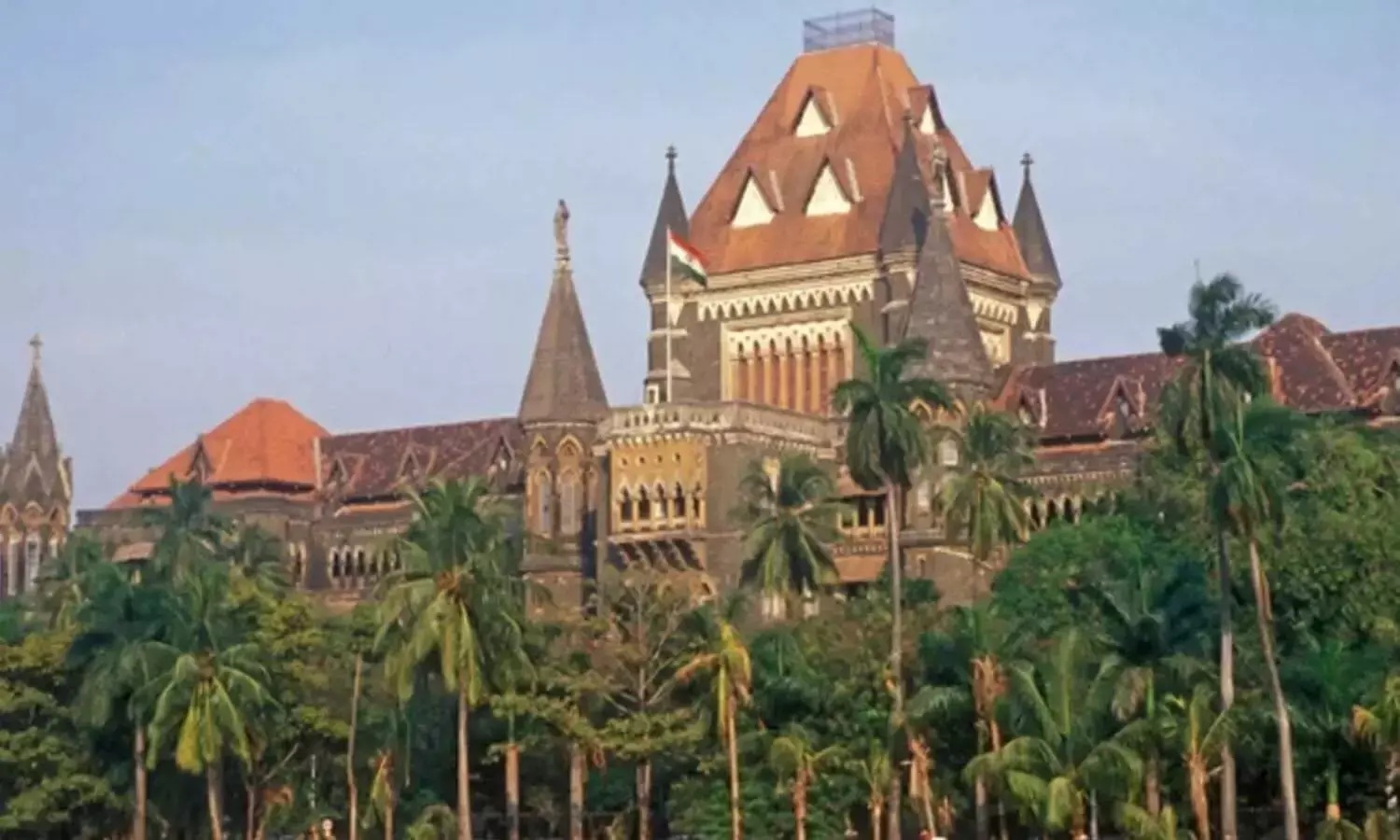
The Bombay High Court has ruled that the 3% reservation for children of state government employees in medical admissions is unconstitutional, citing violations of Article 14 of the Indian Constitution. The court emphasized that any reservation must be based on reasonable classification and a nexus with the purpose of merit-based selection.
The decision pertains to Clause 5.7 of the prospectus issued by the Goa State Government, which provided special privileges to children of state employees. The court criticized the sub-categorization under the reservation policy, stating that it created artificial distinctions without a valid basis for differentiation.
Judge Justice Saurabh Chaudri highlighted that classifications under Article 14 must be founded on intelligible differentia and have a direct connection to the objective of the law. The court observed that the reservation policy failed to meet these criteria, thereby violating the principle of equality.
The ruling also acknowledged the State’s concern for employees facing fortuitous circumstances but stressed that such relaxations should not equate to creating a separate reservation category. The court referenced Maharashtra’s NEET guidelines as an example of permissible relaxations without introducing subclassification.
The court ordered the quashing of Clause 5.7 and reiterated the importance of merit in medical admissions. The decision underscores the need for reservations to be enacted through legislative law rather than executive fiat, as mandated by Article 15(5).
Related Stories:
View the court order
Bombay HC questions Govt over Prosecutor Removal in Payal Tadvi Suicide Case




